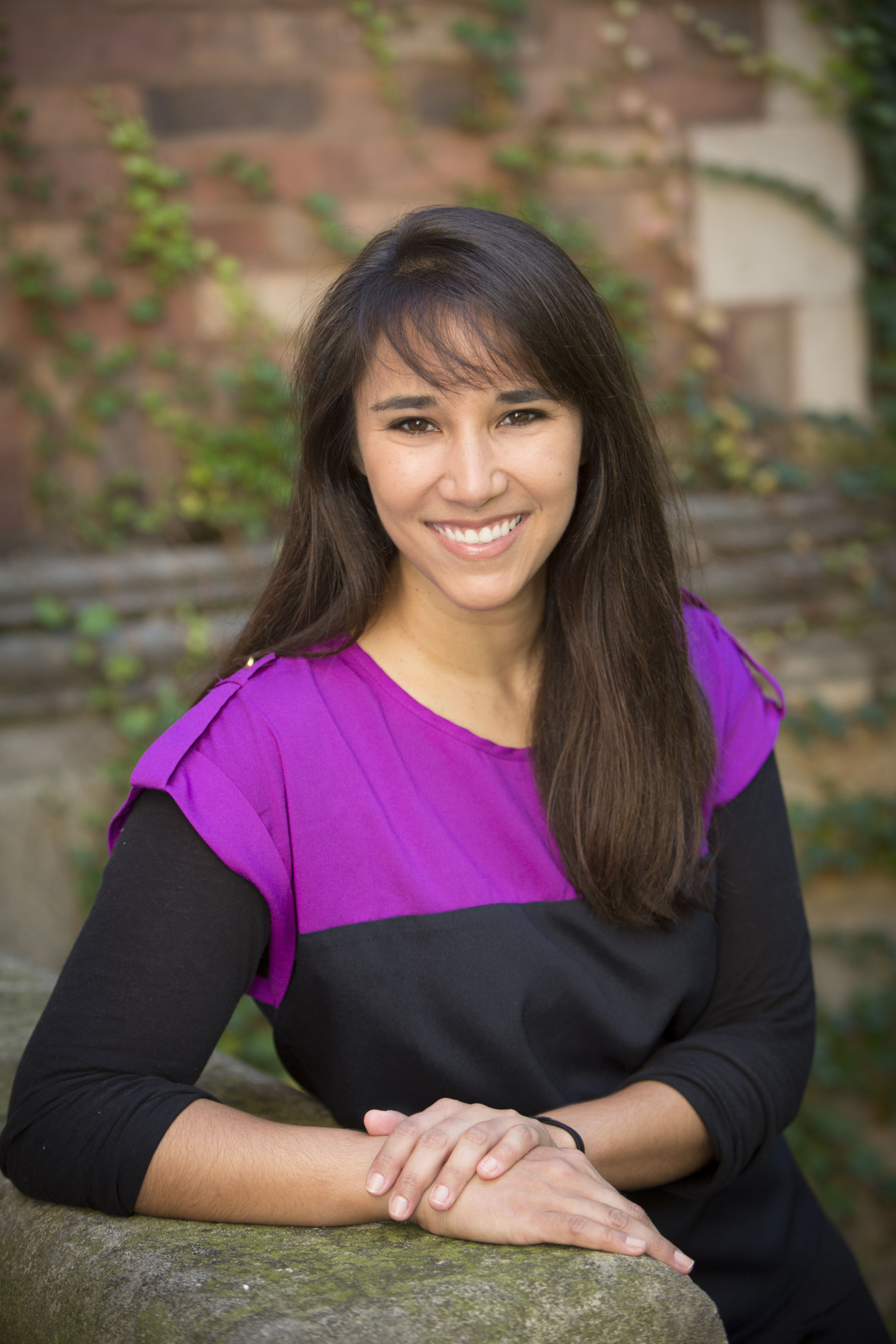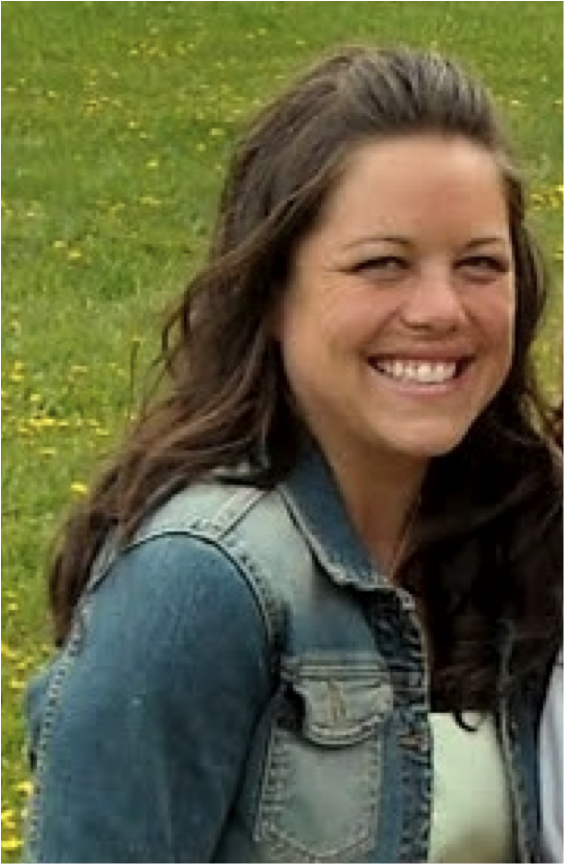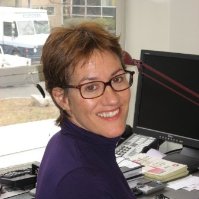[Stories from the Women in Tech Trenches is a series of posts exploring the personal stories of real women in technology. Every woman in tech overcame, at the very least, statistical odds to be here; this blog series aims to find out why, and what they found along the way. This week we met up with Emma Ideal, an author, physicist, and inspirational woman in tech. If reading her story inspires you to share yours, please email me.]

Emma Ideal received a Bachelor’s degree in physics from UCLA in 2009 and is now in her fifth year of doctoral studies in physics at Yale University. She is working on a thesis in particle physics, performing a search for the elusive Standard Model Higgs Boson at CERN’s Large Hadron Collider located near Geneva, Switzerland.
Questions:
1.) You’re doing ground-breaking work in particle physics at CERN at the Hadron Collider, especially at an exciting time in physics as the Higgs Boson particle is gaining more worldwide recognition. Can you tell us a little about that?
As you say, I landed in graduate school at a very good time! The Higgs Boson is a fundamental particle that was theorized to exist in 1964, so it’s taken almost 50 years to find evidence of its existence. The Higgs is an unstable particle, meaning quickly after its production, it “decays into” other particles. Therefore, we discover the Higgs Boson not by observing the Higgs itself, but by observing these daughter particles. There are many different particles the Higgs can decay into, and my research focuses on particles called taus. These are essentially heavier versions of the familiar electron. The discovery of the Higgs Boson gives us insight into how the various fundamental particles have acquired mass (and are therefore not whizzing around our universe at the speed of light!).
2.) You just recently authored the book, Blazing the Trail: Essays by Leading Women in Science, a collection of essays of renowned female physicists, engineers, and chemists – can you tell us a little about that? How did the idea come about and what inspired you to do it?
In April 2011, I flew halfway around the world to South Africa as a U.S. delegate to the 4th International Conference on Women in Physics. There, I stumbled upon a workshop focused on methods for attracting girls to physics. A member of the Indian Academy of Sciences presented on his book Lilavati’s Daughters, a compilation of essays written by female Indian physicists. I was inspired to create an analogous book for an American audience, where essayists describe what brought them to the sciences, recount gender-related issues they’ve faced and have overcome, and give advice to the next generation on how to successfully launch a career in the sciences today. Readers will have a look into what a physicist’s life is really like, see that science is fundamentally about curiosity and asking (and finding answers to!) hard questions, and discover how attainable success is with the right attitude and work ethic. In addition, many young women can feel isolated in the career and gender challenges they face, and my hope is that from reading the essays within they see that, in fact, they are not alone!
We all know there is a gross under-representation of women in most sciences, and in particular physics. Blazing the Trail: Essays by Leading Women in Science was created to inspire a new generation of young women to consider careers in STEM, attacking this problem of Continue reading Stories from the WIT Trenches: Emma Ideal


